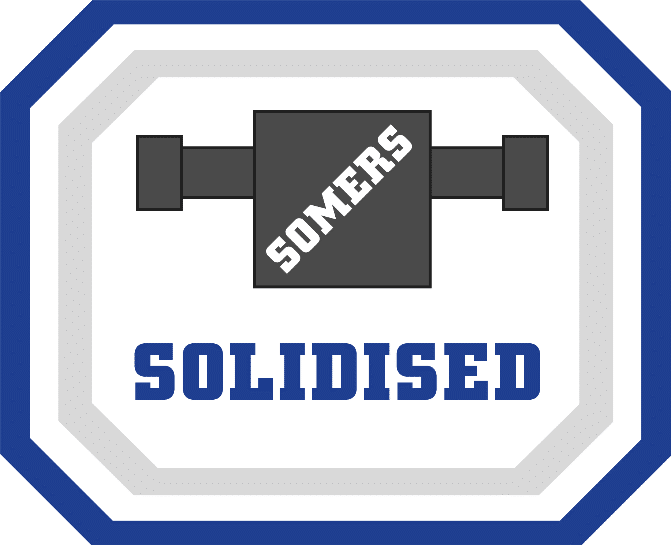In service, die steel blocks have severe working stresses imposed upon them and often operate under a triaxial stress condition. Somers Forge has developed a specialised forging technique whereby the mechanical properties of the heat treated die block can better withstand the normal shock loading characteristics of the metal forming process.
Solidised grain flow is highly beneficial to die life. To achieve best results, the mechanical properties of the heat treated die block must be balanced between those present in the longitudinal plane and those existing in the transverse axis.
For example, if a die block is direct forged by simply “drawing out “, whilst the longitudinal properties are satisfactory, the transverse ductility and notch strength are greatly impaired. Upset forging minimises the loss of transverse toughness. Lengths of die steels can be supplied from our specially processed bars held in our Steelstock Divisions in the USA and UK.
Die Steels Selection
An essential function of any hot work die steels is its capacity to retain sufficient hardness at the normal elevated working temperatures. When considering the working characteristics of a die steel, the user will often base the selection of die block hardness upon the type of equipment to be used, ie hammer or press.
Factors to consider when selecting a die steel include complexity of the impression, chemical composition of the forging stock and the number of forgings to be produced.
Supply Condition
Die blocks can be supplied black (unmachined) or rough machined, dovetails sawn or finished and in the annealed, normalised or hardened and tempered condition.
Grain Flow
The grain flow is normally parallel to the length dimension but the block can be cross forged on request, ie with grain flow in width dimension.

